
New school year to begin in Iran, yet…
This editorial sheds light on the poor conditions of education in Iran, focusing on three major issues.
The editorialist begins his piece by referring to the dire situation of school buildings in Iran. Most public schools lack sufficient space for students, not to mention they have neither sturdy nor modern buildings. According to authorities, 30 percent of school buildings are decrepit. And as for addressing the schools’ basic needs, no budget has been dedicated so far.
The second point on which the editorialist concentrates is the financial situation of teachers in Iran. Teachers can barely make ends meet; consequently, most of them have no choice but to resort to second jobs, such as a taxi driver or sales representative.
In the end, the editorial turns to the educational system in Iran, saying it is neither up-to-date nor based on educational standards. The main problems consist of the purposelessness of the educational system as well as the inefficiency of educational methods.
All things considered, students in Iran have a hard time getting the benefits of education, concludes the editorialist.
An editorial in Mardom salari daily on September 5, 2018
Will US-sanctioned countries unify?
This editorial addresses the possibility of coalition among the countries which have been sanctioned by the U.S.
The editorialist holds that US President’s “America first” foreign policy which focuses on sanctions and trade war, as well as lack of balance in the White House, has raised the possibility of a coalition among the countries targeted by that policy. Currently, a number of countries ranging from Turkey to China are under pressure, hence reconsidering their traditional alliances. Moreover, certain attempts have been made to create a sort of convergence between Iran, Turkey, and Pakistan.
The editorial then refers to tensions between the U.S. and Turkey in the past few months, adding that Turkey is getting closer to Russia while announcing its non-compliance to implement US sanctions against Iran and Russia. It should also be mentioned that discord between U.S. and Pakistan has increased during the past 3 years. President Trump has disrupted the traditional balance between US and Pakistan and India, approaching the latter.
The editorialist also points to Imran Khan’s support of Turkey against US pressures as well as Russia’s promise of military aid to Pakistan. Not to mention that the recent trips of Iranian Foreign Minister to Ankara and Islamabad can contribute to the distancing of the aforementioned countries from the U.S.
In the end, the editorialist also mentions a number of obstacles in the path of a coalition between Iran, Turkey and Pakistan.
An editorial in Etemad daily on September 4, 2018
Former chief of staff charged with espionage
The editorial of Etemaad daily focuses on a charge of espionage brought up in the court against Esfandiar Rahim Mashaee, chief of staff of former president Mahmoud Ahmadinejad.
The editorial asserts that from the questions that the judge has asked Mashaee, it can be gathered that he is also charged with espionage. Raising this issue makes paying attention to a formal aspect of Mashaee’s court important. It isn’t legal to raise charges that are not mentioned in the indictment against the suspect. If the court reaches the conclusion that there was espionage, this charge cannot be investigated in the same court.
The editorial continues: in the court, Rahim Mashaee has been asked why he wanted to see Jason Rezaian, who are Pantea Fuzi and Azita Shafazand, ‘you have been in contact with British and Israeli spies’. All these statements are too general, and it hasn’t been mentioned which British and Israeli spy Mashaee had been in contact with.
The editorial goes on to say: it is an important issue that British and Israeli intelligence services infiltrated into the president’s office and had approached someone who was the president’s chief of staff and is considered as the spiritual father of Ahmadinejad. And the society expects the judge to deal with issues that were raised in his court. The case must be sent to the justice department for investigating the issues that were raised, as the current court isn’t competent to deal with charges such as espionage.
The editorial concludes: eventually we must pay attention that the judge must have evidence to bring up such issues; otherwise, if such charges are brought up without any pieces of evidence, the judge isn’t fair anymore. However, given the issues that were brought up in Mashaee’s court, the case has national importance and must be investigated.
An editorial in Etemad on September 3, 2018
From Peter the Great to Vladimir Putin
The editorial of Jahan Sanat deals with Russia’s massive war game in the Mediterranean Sea and its significance.
According to the editorial, Peter the Great, powerful and popular Russian tsar, was one of the great figures in Russia who could fulfill many of his promises and goals in line with interests of his country and people except for one. He liked to reach the Gulf, but he couldn’t. Tsar’s attempt to reach the Gulf was definitely not because he was coming from the cold winters of Moscow and Siberia and wanted to step foot into pleasant waters of the Gulf. He had realized that with reaching the Gulf, the gates to the Indian subcontinent and Southeast Asia would open to Russia.
The editorial continues: reaching the waters of the Gulf did not happen during tsars, and this wish didn’t come true during communist era either. But now Russia under Putin, with its decisive presence in the Middle East, has not only reached the Gulf but has become the decisive county in Syria. And thanks to its presence in Latakia Port, it has announced its powerful presence in the Mediterranean Sea so that it can provide its strategic national interests, given the weakness of the U.S., problems of EU and NATO, and differences among the countries in the Middle East.
The editorial concludes that Russia’s recent maritime war game in the Mediterranean Sea was so massive that it surprised the military experts. Russia’s war game can possibly happen in the Caspian Sea, showing that Putin has plans for defeating the U.S., sowing discord in EU, and competing with China.
An editorial in Jahan Sanat on September 2, 2018
Hassan Rouhani and people’s trust
The editorial of Jahan Sanat focuses on the fact that Iranian people do not trust President Hassan Rouhani.
The editorial asserts that when it was announced that Rouhani was going to the parliament to answer MPs’ questions, many expected that he might act like former president Mahmoud Ahmadinejad and expose a few issues. In his first reactions, Rouhani even said that he would have serious things to say, but as usual, didn’t say anything particular in the end. He gave some statistics that didn’t convince the lawmakers or the people.
The editorial continues: perhaps the most important point in Rouhani’s remarks was his concern about people’s trust – the fact that suddenly people’s trust towards the future and existing mechanisms has decreased. Apparently, what is happening on the streets and some researches that have been conducted to confirm this worry.
The editorial adds: but shouldn’t Rouhani as the highest elected individual by the people give a worthy answer to people’s trust? Shouldn’t he come out of his conservative position and talk to his audience about realities so that they know their president is honest with them? Shouldn’t he try to restore people trust, even in words?
The editorial concludes: only confirming the pressure that is on people is not enough, especially when strange statistics are offered as to economic growth and rise of indexes. The feeling that Rouhani is hiding something is the main factor in the decrease in people’s trust. As such, he deepened the gap between the government and the nation.
An editorial in Jahan Sanat on September 2, 2018

Rouhani: They want to take us 40 years back!
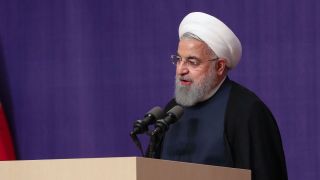
Hassan Rouhani, in the opening ceremony of petrochemical projects in Assaluyeh, southern Iran, said the ‘enemies will inflict problems on Iranian people, but they will never become dominant on Iran and Iranians once again’, urging that ‘taking us back to before 1979 [year of Iranian revolution] is just a wish that will never come true’.
Rouhani added, ‘they want to take us back to 40 years ago, to make us surrender and say we made a mistake to want to become independent. But these wishes of the enemy will never come true’. He said, ‘Iranian people have never begged others for their bread and livelihood’.
Alef
Problems of Iranian economic actors discussed in Yerevan
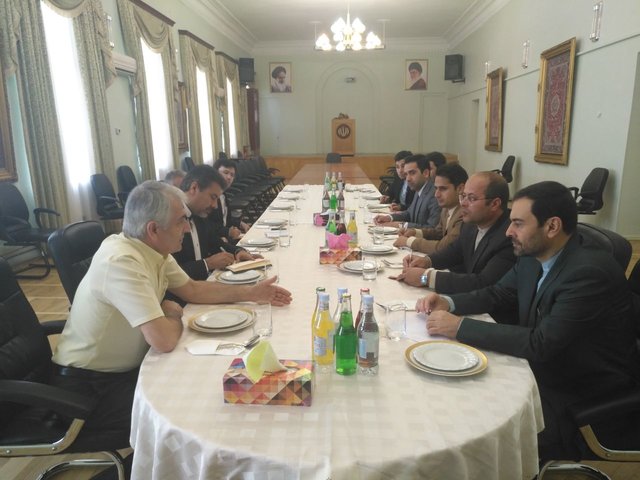
Issues and problems of Iranian economic actors in Armenia were discussed in the meeting of the Iranian ambassador to Yerevan and head of employers’ union of Armenia. In this meeting, Kazem Sajadi and Gagig Markarian talked about investment opportunities in this country.
In this meeting, Iranian ambassador Sajadi said revoking visa requirement, creating a ‘free zone’, and signing cooperation agreement with Eurasia customs office have created many opportunities for Iranian businessmen and economic actors to export their goods and services to Armenia.
ISNA
Lawmaker: 3000 drug smugglers in line to be executed
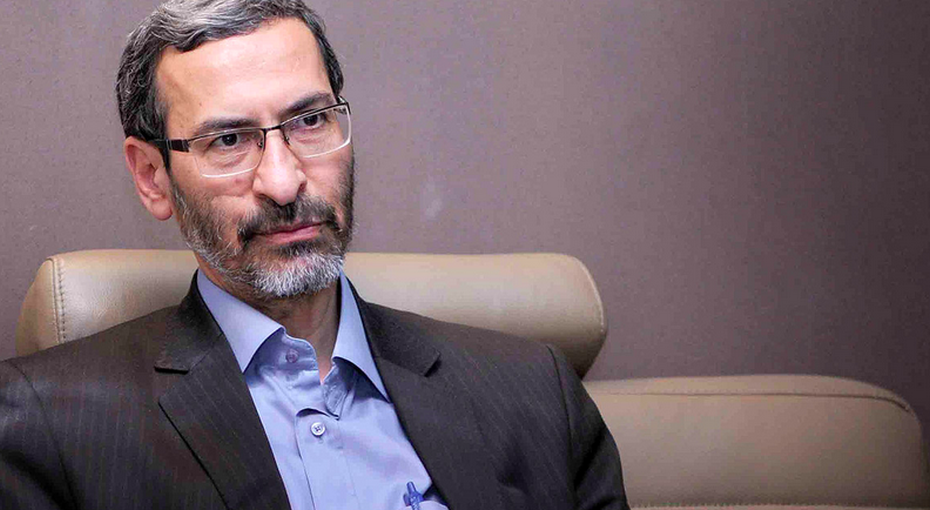
Member of Judiciary and Legal Commission in the parliament said there are three thousand drug smugglers waiting in line to be executed, but the death penalty has not prevented this crime in Iran. Mohammad Ali Pourmokhtar added that the result of death penalty shows that it hasn’t been effective in decreasing the crime of smuggling drugs.
According to PourMokhtar, execution of drug smugglers has had economic and social consequences both at the international level and for their families.
Iran wire
Health ministry spokesperson: we have a shortage of drugs
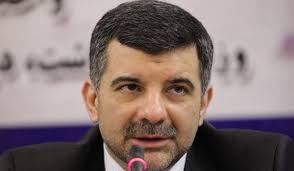
Iraj Harirchi, the spokesperson of Iranian health ministry, confirmed that certain drugs are not available in the country. He said according to the principle of Resistance Economy, health ministry must provide domestic drugs, but some medical doctors, pharmacists, and people still expect to have foreign drugs.
As for the shortage of baby formula and diapers which has become controversial in recent days, he said that smuggling baby formula is taking place systematically in the border regions, and he considered ‘change in lifestyle’ and ‘increase in consumption’ as the reason for the shortage of diapers.
Radio Zamaneh
Abulfazl Qadyani: deposing Khamenei must become a public demand
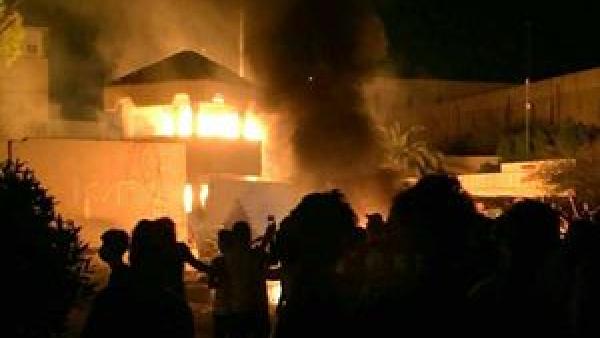
Political activist, Abulfazl Qadyani, in an article published in Kalameh Website, considered Iranian supreme leader Ali Khamenei as responsible for the current deadlock in Iran. He asked all political, civil, cultural activists in Iran to publicly call for deposing Khamenei for his position. Qadyani considered the despotism that rules over Iran under the Velayat-e Faqih not amendable, urging that the way out of the current ‘deplorable’ situation is implementing reform and change in the political system of the country.
Qadyani emphasized that in the absence of civil, national resistance, no despotic country has ever given in to reform, and Iran will not be an exception.
RFI
Lawmaker: not ratifying FATF will paralyze Iranian economy
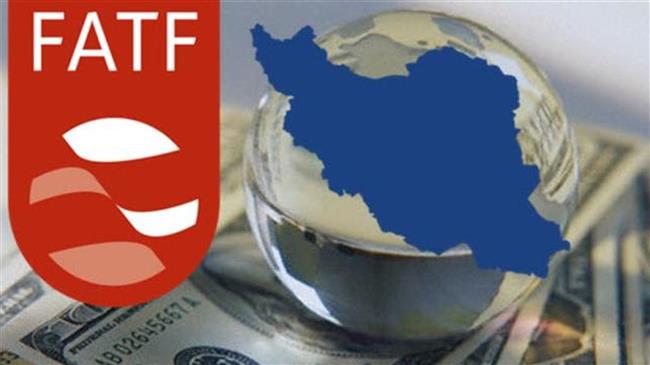
Iranian MP Parvaneh Salahshouri urged that not ratifying bills regarding FATF will fully paralyze Iran’s economy. Salahshouri said many MPs are following up bills regarding FATF, adding that ‘even now that these bills are not on the agenda, there are threatening messages every day. And that is for obvious reason. This legislation fights money laundering, and that will put some people in danger.’
Earlier, FM Mohammad Javad Zarif had asked lawmakers to ratify the bill for joining FATF that has been proposed by Rouhani’s government.
Anatoli news agency
Caspian Sea convention is an honor for Iran, says Zarif
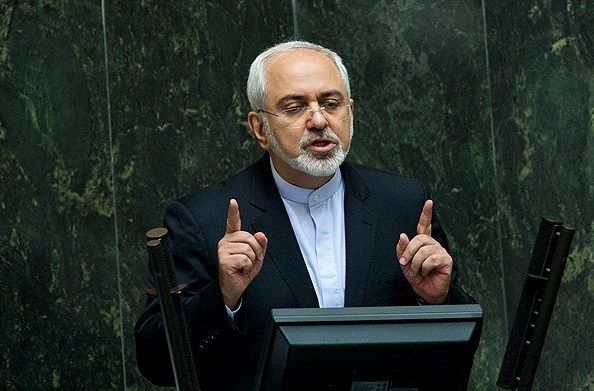
In open hearing in the parliament, Iranian FM Mohammad Javad Zarif calls signing Caspian Sea convention an ‘honor for the country’, urging that his ready to explain to MPs why the signed document is an honor for Iran. Zarif added ‘those who made a loss as a result of this convention are the ones who are spreading rumors against it’.
According to the Caspian Sea convention, Iran’s share from this sea is said to have dropped from 50% to 11%.
Young Journalists Club
1320 earthquakes in one month in Iran
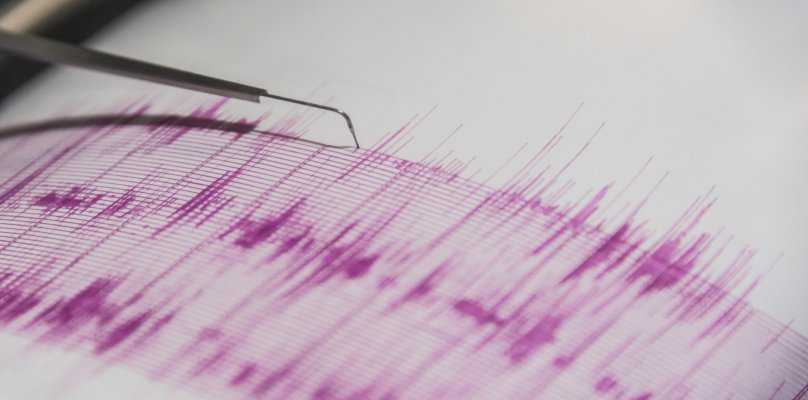
Monthly statistics of Iranian Seismological Center show that from July 23 to August 23 (Month of Mordad in Iranian calendar), there were 1320 earthquakes in Iran. The strongest one was magnitude 5.8 close to Sirch in Kerman Province.
Radio Zamaneh
Kamal Kharazi warns Europe
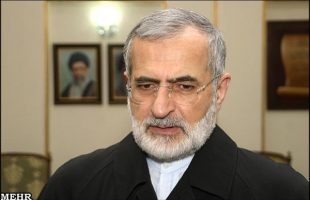
Head of Strategic Council for Foreign Policy warned Europe about serious fallouts of Iran not benefitting from the nuclear deal. In his meeting with deputy British foreign minister, Alistair Burt, Kharazi urged that three European countries haven’t been able to take the necessary steps to provide Iran’s interests yet. He added the implementation of sanctions, pressures, and lack of Europe’s quick measures to implement its obligations in the nuclear deal will have serious consequences.
Alistair Burt said that Britain’s stance towards the nuclear deal is completely different from the U.S., adding ‘we are after finding a European mechanism for the success of the deal’.
ISNA
Zarif denies the existence of Gang of New York
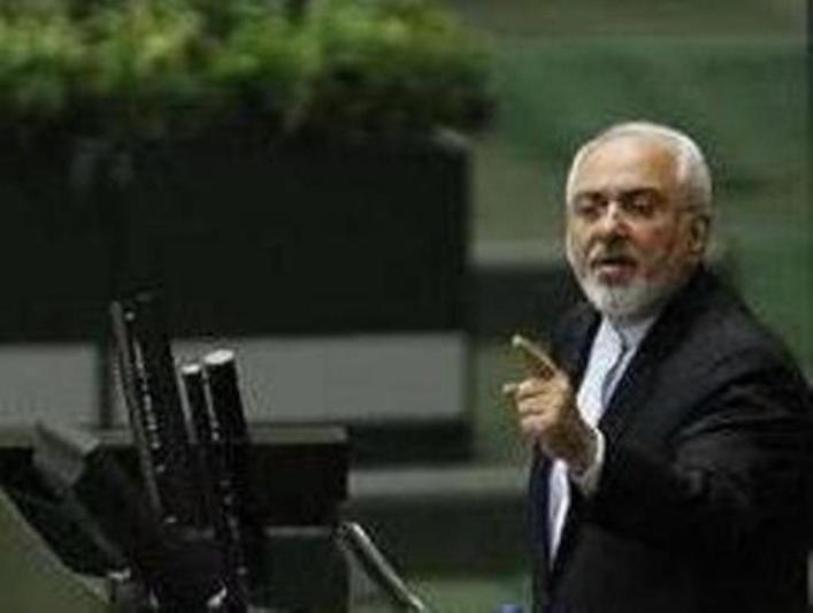
In the public hearing of the parliament, Mashhad MP Javad Karimi Ghodoosi asked Iranian FM Mohammad Javad Zarif about the so-called ‘gang of New York’ and his role in forming this gang. In response, Zarif said, ‘gang of New York is a vague idea and no such thing exists’. He added that this was a concept raised during the 1990s in relation to former FM Kamal Kharazi and people who worked with him in New York, urging that ‘I am not head of a gang of New York, and no such gang exists’.
Arya news
The poverty line in Tehran, 5 million tomans
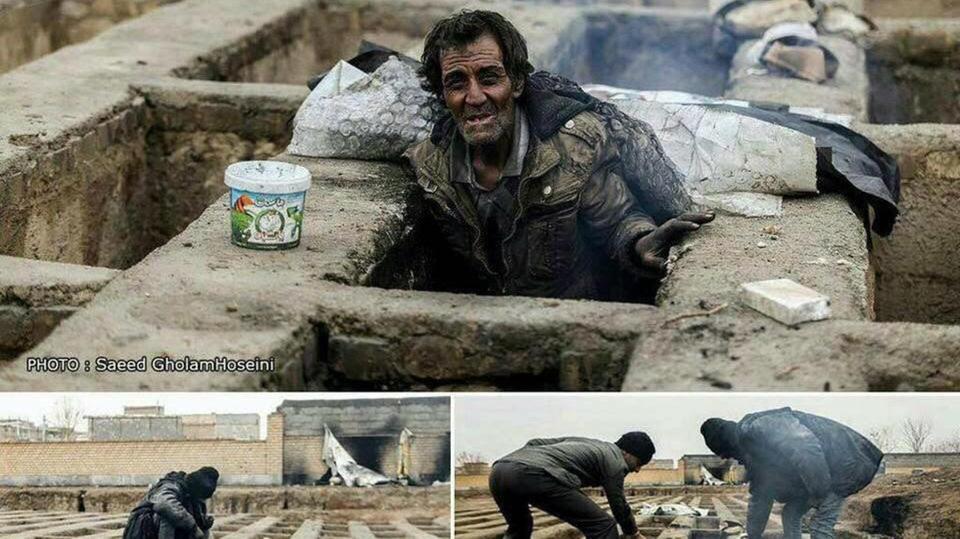
According to managing director of the fund for farmers, villagers, and nomads, the proposed number of five million tomans as poverty line is probably the average for Tehran. Mohammadreza Vaez Mahdavi said poverty line is different for someone who lives in Tehran than someone who lives in a village; it is different for someone who has or doesn’t have a house; it is different for someone who has an invalid in his house than for someone who doesn’t. He added that there are many other such factors involved.
Abrar
Zarif: Trip to Pakistan for expanding bilateral trades
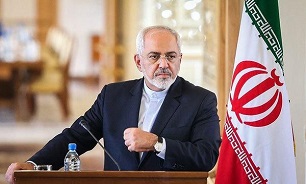
Iranian foreign minister said his trip to Islamabad would aim at talks with Pakistan’s high-ranking officials to expand trades and economic relations. Upon entrance to Islamabad for his two-day trip, Mohammad Javad Zarif stated that the relationship of the Islamic Republic of Iran with the Islamic Republic of Pakistan had been close and historical, and there were many common interests between both nations.
Zarif added that he hoped to talk about strengthening bilateral relations, as well as regional international issues in this trip.
Mizan online
Khamenei pardons and commutes punishments of convicts
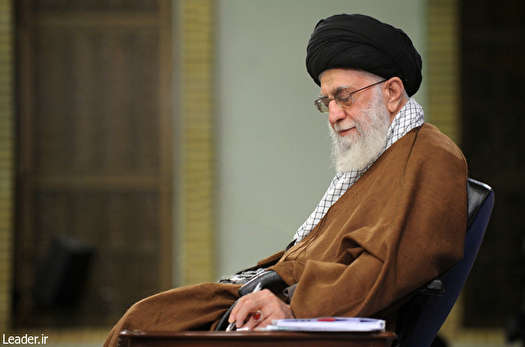
On the occasion of Eid Adha and Eid Ghadir Khumm, Iranian supreme leader Ali Khamenei agreed with pardoning, commuting, and turning punishments of 615 convicts.
IRIB news agency
Lawmaker: JCPOA can survive only by providing Iran’s interests
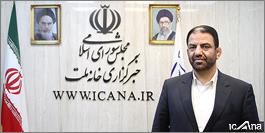
Qassem Jassemi, the member of National Security and Foreign Policy Commission in the parliament, said in order to have the nuclear deal (JCPOA), the other sides – particularly Europeans – should stay committed to their commitments in JCPOA. He added that so far, Europeans’ behavior to keep the JCPOA has been inadequate, and they haven’t taken the necessary measures to stop losses of Islamic Republic.
Jassemi urged that ‘we must seriously go over promises that Europeans have made for preserving the JCPOA, and if it cannot benefit Iran, we must shelve the nuclear deal’.
Parliament news agency
Ali Larijani: Iran’s destiny not to be delayed for Europeans’ promise
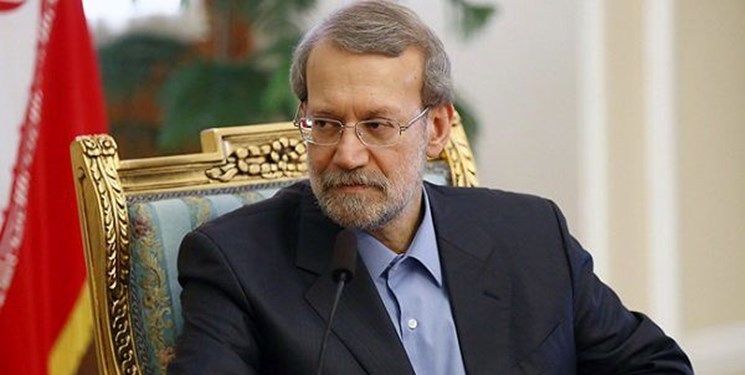
Speaker of the parliament Ali Larijani said Europeans have made promises with regard to Iran’s banking and economy, but the country’s destiny mustn’t be delayed for such words. Larijani considered the current conditions in Iran ‘tough’, urging that fluctuations in the currency have resulted in a decrease in the production sector.
Larijani added after Trump pulled out of the JCPOA, European countries asked Iran not to withdraw from the nuclear deal, and Iran did not reject this request so that Iranian people would not go under new economic pressures.
Fars news agency
Ahmad Khatami: the Islamic Republic not to retreat from missile program
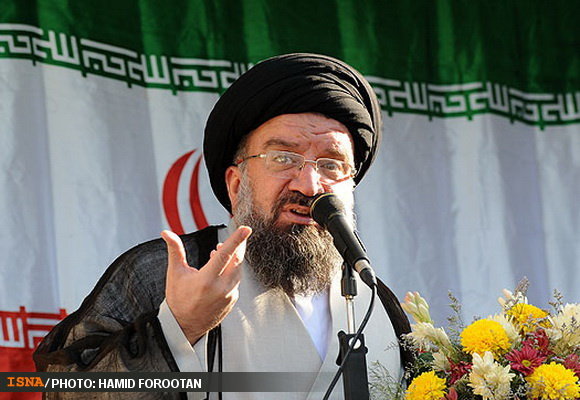
Tehran interim Friday Prayer Leader, Ahmad Khatami, said in accordance with Iranian supreme leader’s remarks in his meeting with government’s members, Islamic Republic’ redline is missile capability, and will not abandon it. Ahmad Khatami added, the supreme leader has urged that ‘we will not have any talks with the U.S. at any levels’. Khatami stated that the U.S., EU and the whole world must know that Islamic regime will not retreat from its redline – i.e. its missile program.
ISNA
Japan insists on importing oil from Iran

A senior Japanese official said that Japan – despite the U.S. sanctions – still insists on obtaining a permit from the U.S. to continue importing oil from Iran. He added that Japan considers importing oil from Iran very important for its energy security and commercial transactions.
Rio Minami, manager of oil, gas, and mining resources department in Japan’s ministry of economy, said even in the second round of talks with the U.S., Japan has still insisted on importing oil from Iran, adding that ‘our main point is to be exempted from the U.S. sanctions against Iran.’
Fars news agency
A new round of bilateral talks between Tehran-London
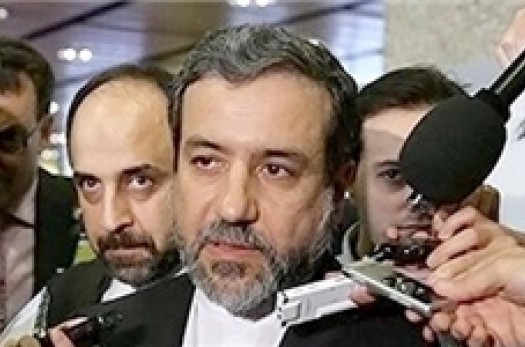
Iran’s foreign ministry announced the new round of bilateral talks between Tehran and London began with a trip of Alistair Burt, British deputy foreign minister, to Iran. Bilateral economic cooperations following the U.S. pulling out of JCPOA, and creating a financial mechanism between the two countries despite the U.S. unilateral sanctions would be the main talking points.
Young Journalists Club
British special envoy in Syrian affairs meets Jaberi Ansari
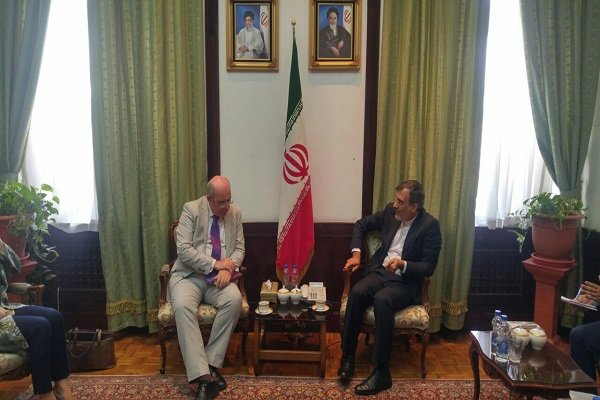
Martin Langdon, the British special envoy in Syrian affairs, met and talked with Jaberi Ansari, a senior aide to foreign minister in special political affairs in Tehran. In this meeting, Jaberi Ansari urged that Iran’s political priority in regional issues is immediately ending the Syrian crisis, adding that ‘humanitarian issues during Syrian crisis has been always important for Iran, and policies of Iran have been always transparent in this regard’.
Martin Langdon expressed concerns with regard to the conditions and the future of Idlib and possible use of chemical weapons in this region.
Mehr news
Mehdi Karroubi: Assembly of Experts must question the supreme leader about results of his policies in past 3 decades
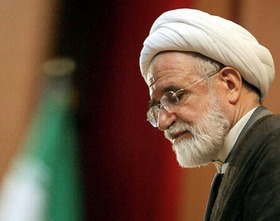
In an open letter to Assembly of Experts, Mehdi Karroubi, one of the leaders of Green Movement, asks members of this assembly to do their duty and question Iranian supreme leader Ali Khamenei with regard to the current deplorable conditions in Iran.
In this letter, Mehdi Karroubi asks members of Assembly of Experts to question Iranian supreme leader with regard to his policies in past three decades, instead of just praising him.
Karroubi, Mir-Hossein Mousavi, and his wife Zahra Rahnavard – leaders of Green Movement – have been under the house arrest, following their protest against 2009 presidential election.
Kalameh
